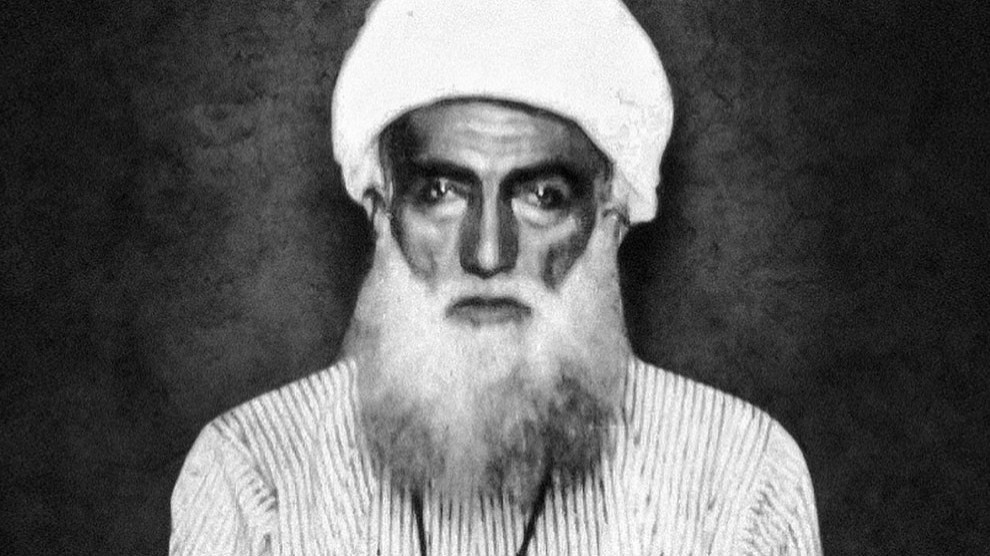Burial site of Sheikh Said still secret
95 years ago, Kurdish cleric Şêx Seîdê Pîran and 47 companions who led an uprising against the violent policies of the Turkish Republic were publicly hanged. Their burial place is kept secret until today.
95 years ago, Kurdish cleric Şêx Seîdê Pîran and 47 companions who led an uprising against the violent policies of the Turkish Republic were publicly hanged. Their burial place is kept secret until today.

The rebellion started under the leadership of the Kurdish-Sunni clergyman Şêx Seîdê Pîran (Sheikh Said) on 13 February 1925 in the village of Pîran in Eğil district of Amed (Diyarbakir) paved the way for numerous Kurdish rebellions after the end of World War I, which followed the process of the Turkish nation-state formation after the fall of the Ottoman Empire and were directed against the denial of the Kurdish existence, the entry of political autonomy and the fascist policy of Turkification. Besides Amed, the uprising also included the regions of Elazığ and Bingöl, and in the further course of the uprising expanded to almost the entire area populated by Kurds in present-day Turkey.
A few weeks later, on 26 March 1925, Turkish military units began air and ground attacks on suspected retreat sites of Kurdish insurgents, after 25,000 soldiers had initially been transferred to the region. At the beginning of April, the number of troops reached about 52,000 men: the insurgency was crushed in blood, at least 15,000 people were killed. At the end of April Şêx Seîd and a large number of his comrades-in-arms were captured in Muş. A brother-in-law of the cleric who had served as an officer in the Ottoman Empire had betrayed them. After their transfer to Amed, Şêx Seîd and 47 of his companions were sentenced to death on June 28, 1925. The public execution followed one day later. Their burial place is kept secret until today.
On the occasion of the anniversary of the death of Şêx Seîd and his companions, the deputy HDP chairwoman and head of the HDP Faith Commission Tülay Hatimoğulları has issued a statement. The politician demands that the Turkish government disclose the location of the anonymous mass grave in which the leaders and participants of the Şêx Seîd uprising were buried, and that it revise its official historiography.
"Since the execution of Şêx Seîdê Pîran and his 47 companions, a completely distorted history has been taught that it was an uprising against the secularization policy and for the reintroduction of Sharia. Turkey must finally begin to face with its past and to come to terms with its own history and its legacies. One start could be to disclose the documents in the state archives and restore the honour and dignity of Şêx Seîd and his friends,” said the 43-year-old politician, who comes from an Alevi-Arab family from Antakya in Hatay.